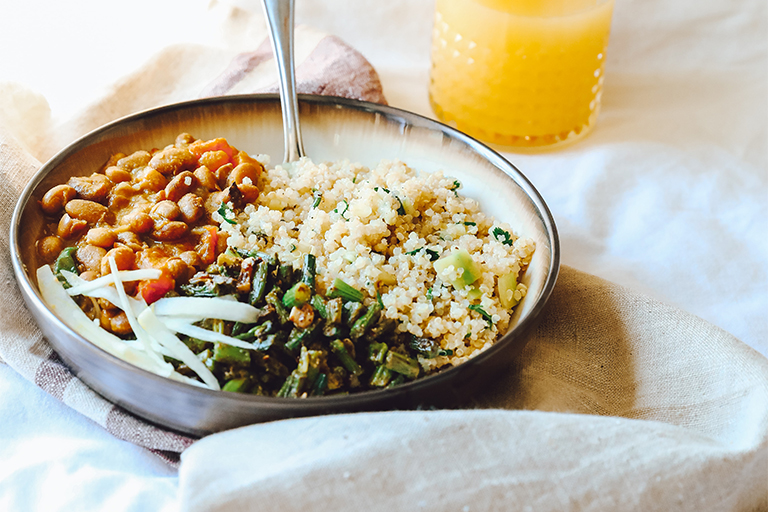
Flax:
Harnessing the Nutritional Power
Flax, a nutrient-rich seed, has become increasingly popular in the food industry due to its remarkable health benefits. Packed with fiber, omega-3 fatty acids, and lignans, flax offers a plethora of applications for our customers. This page will explain the significance of flax in the food manufacturing sector, highlighting its nutritional value and versatile uses. Whether you’re a buyer seeking to incorporate flax into your products or a seller looking to tap into market opportunities, this article will serve as a valuable resource to understand the role of flax in the food industry.
St. Charles Trading is the nation’s premier Global Supply Chain Solutions provider, specializing in food ingredient distribution. We will be your secret ingredient you will want to tell everyone about. Contact Us to Learn More.
an overview of flax

Flax, scientifically known as Linum, is a tiny seed with enormous nutritional value. It is available in various forms, including whole seeds, ground flaxseed, flaxseed oil, and flax granules.
Brown and golden flax seeds are the most common varieties. Flax seeds are an excellent source of omega-3 fatty acids, fiber, lignans, and other essential nutrients.
Flaxseed oil, derived from seeds, is highly regarded for its nutritional composition and versatile culinary applications. The coarse texture of ground flaxseed and the smooth consistency of flaxseed oil provides diverse options for incorporating flax into recipes.
Nutritional benefits of flax
Omega-3 Fatty Acids: Flax seeds serve as an excellent plant-based source of omega-3 fatty acids, specifically alpha-linolenic acid (ALA). These essential fats support heart health, reduce inflammation, and promote brain function.
Fiber: In terms of fiber, flax seeds are rich in both soluble and insoluble fiber, making them an ideal addition to a balanced diet. Fiber aids in digestion, promotes satiety, and helps regulate blood sugar levels.
Lignans: Additionally, flax seeds contain lignans, which are antioxidants that possess potential anticancer properties and may support hormone balance.
Baked Goods: When it comes to baked goods, ground flaxseed or flaxseed meal can be used as an egg substitute or added to recipes such as bread, muffins, brownies, and crackers. It imparts a nutty flavor, boosts fiber content, and adds a pleasant crunch to these creations.
Fiber-Enriched Products: Adding ground flaxseed or flaxseed granules to cereals, granola, and energy bars increases their fiber content. These versatile flax forms blend seamlessly into recipes, providing a convenient way to enhance fiber intake.
Beverages and Smoothies: Moreover, incorporating flaxseed oil or ground flaxseed into beverages, smoothies, and shakes elevates their nutritional value. They blend smoothly, imparting a mild nutty flavor and offering the benefits of omega-3 fatty acids and fiber.
Ready to talk?
Are you looking for spec sheets, samples or prices? We would love to chat about how we can help.
Learn more about flax
